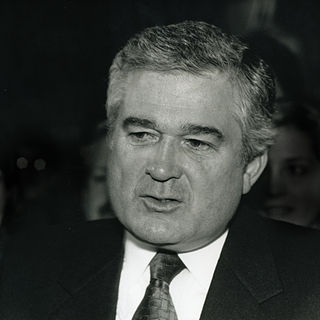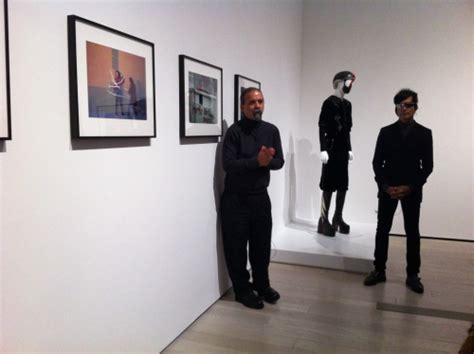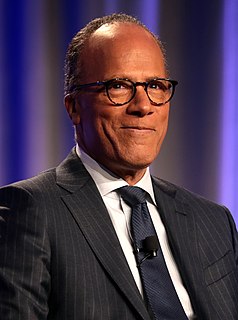A Quote by Tony Gaskins
I am going on eight years of marriage, and when it comes to communication, I believe you should always communicate in a time of peace. As a general rule, never try to communicate in the heat of the moment.
Related Quotes
For a very great many years, I asked this question: ‘To communicate or not to communicate?’ If one got himself in such thorough trouble by communication, then of course one should stop communicating. But this is not the case. If one gets himself into trouble by communicating, he should further communicate. More communication, not less, is the answer.
The following are the universally fundamental laws of literary communication: 1. one must have something to communicate; 2. one must have someone to whom to communicate it; 3. one must really communicate it, not merely express it for oneself alone. Otherwise it would be more to the point to remain silent.
There are many deaf people who couldn't imagine living in a marriage without someone who doesn't speak their language. For me, I believe that hearing or deaf is fine as long as both parties are willing to communicate in each other's language. But if there's no communication, then the marriage, I believe, will be difficult if not doomed.
I try to communicate with the musicians the way I communicate with the filmmakers. I'm not going to say to them, can we be a little bit more presto here. Hang on, this should be a bit more exciting, or I try to explain the scene to them, or I try to explain the context the notes are supposed to live in.
I think we can learn a lot about a person in the very moment that language fails them. In the very moment they they have to be more creative than they would have imagined in order to communicate. It's the very moment that they have to dig deeper than the surface to find words, and at the same time, it's a moment when they want to communicate very badly. They're digging deep and projecting out at the same time.
Communicate, communicate, communicate: If anything, make sure to communicate what you're doing, what you're up to, what's going on and what issues your facing as often as you can - even if [you think] no one's listening. This serves both as a log of your activities and a personal record that you can refer to later but also opens the possibility that someone might just come along and be able to help you in some unexpected but totally necessary way!
Where my earlier works, what sets them apart is that I didn't need approval and I didn't need permission from anyone because I wasn't being paid. So, to me, I was allowed the freedom, the total freedom to just communicate how I wanted to communicate and my whole level of perspective was to communicate to the barrios, communicate to the gangs and communicate to the people that frequent the thoroughfares that were populated by these gangs and by this life style.
Speaking of love, one problem that recurs more and more frequently these days, in books and plays and movies, Is the inability of people to communicate with the people they love: husbands and wives who can't communicate, Children who can't communicate with their parents, and so on. And the characters in these books and plays and so on, And in real life, I might add, spend hours bemoaning the fact that they can't communicate. I feel that if a person can't communicate, the very least he can do is to shut up!




































